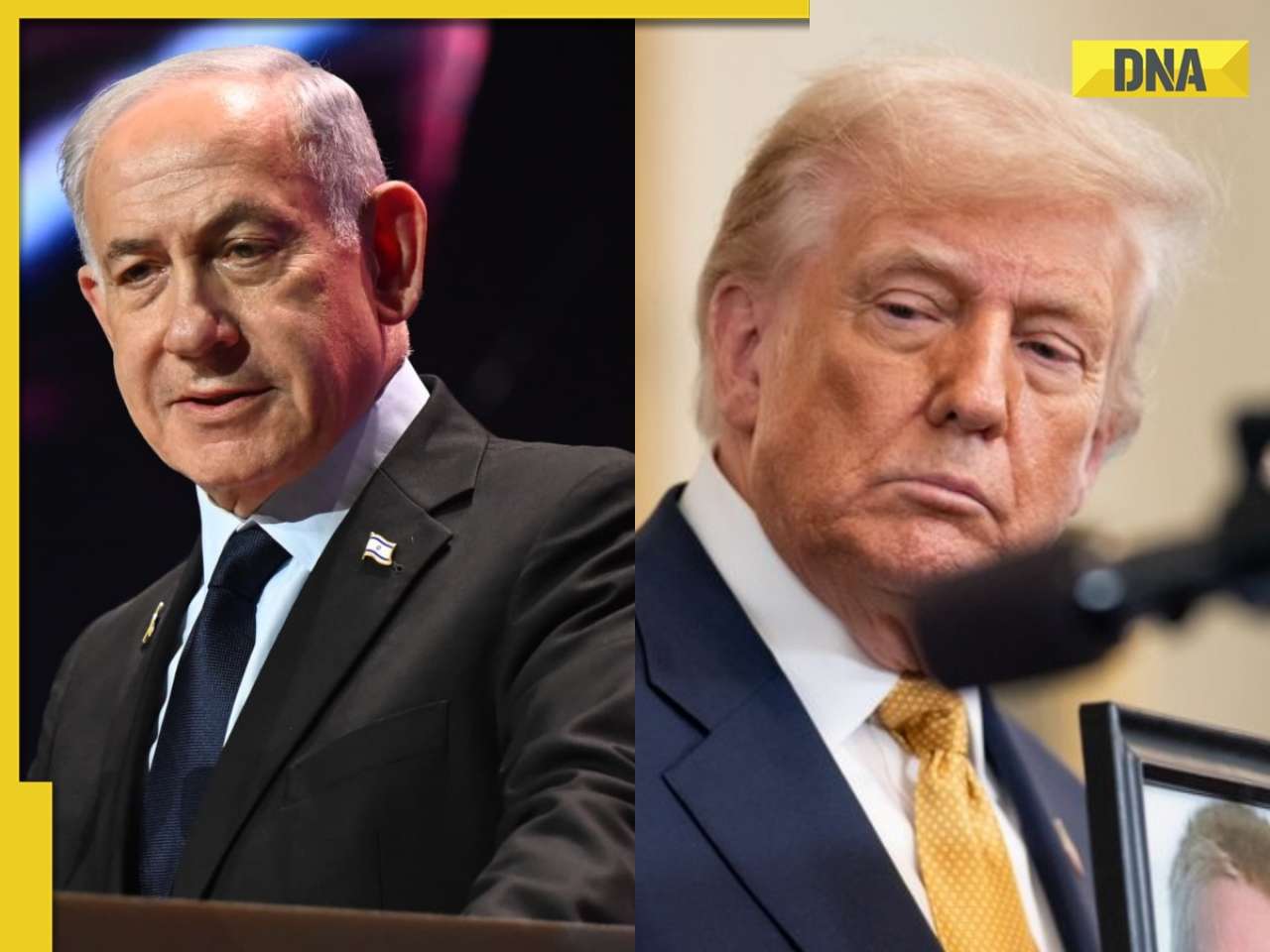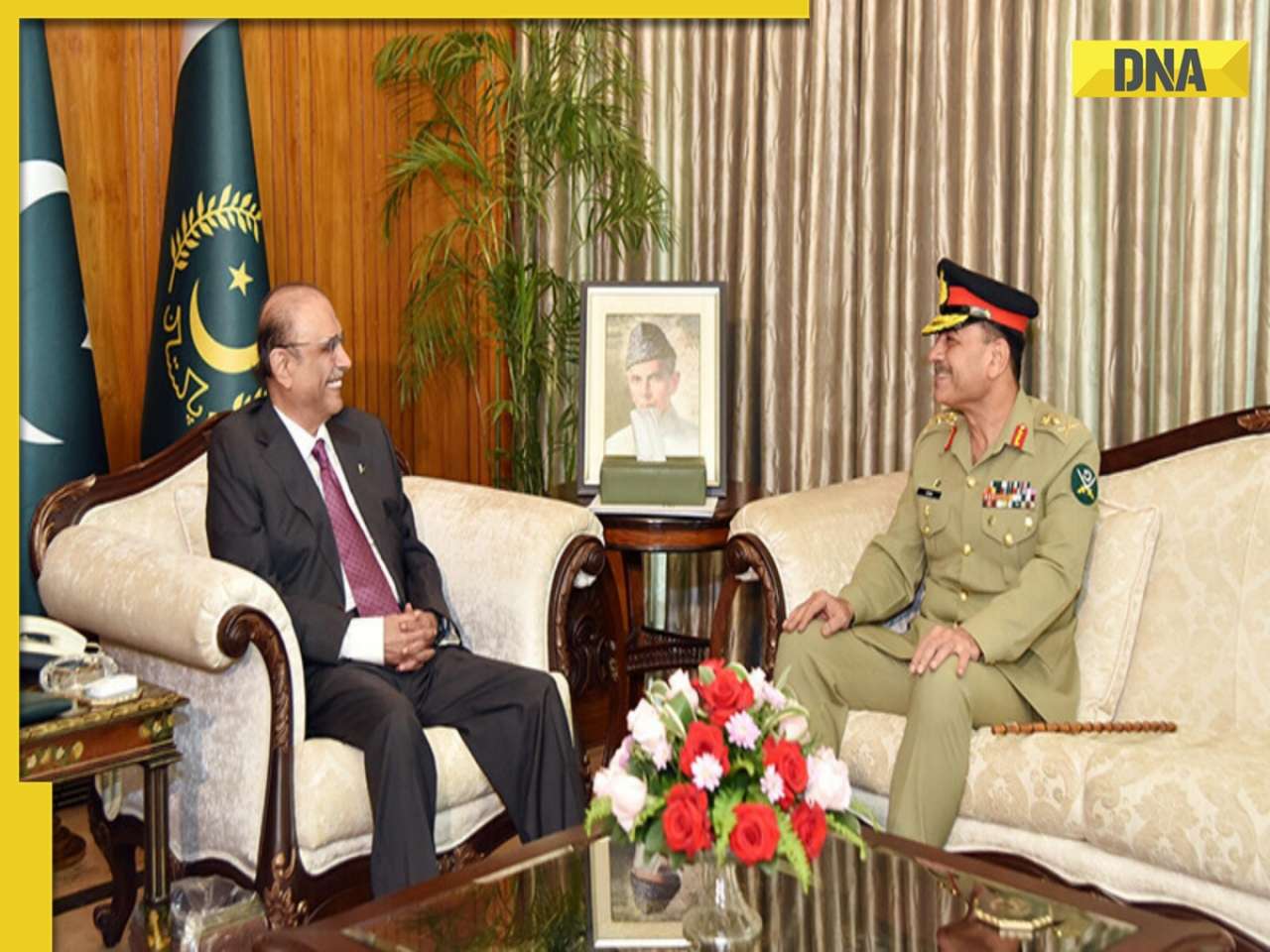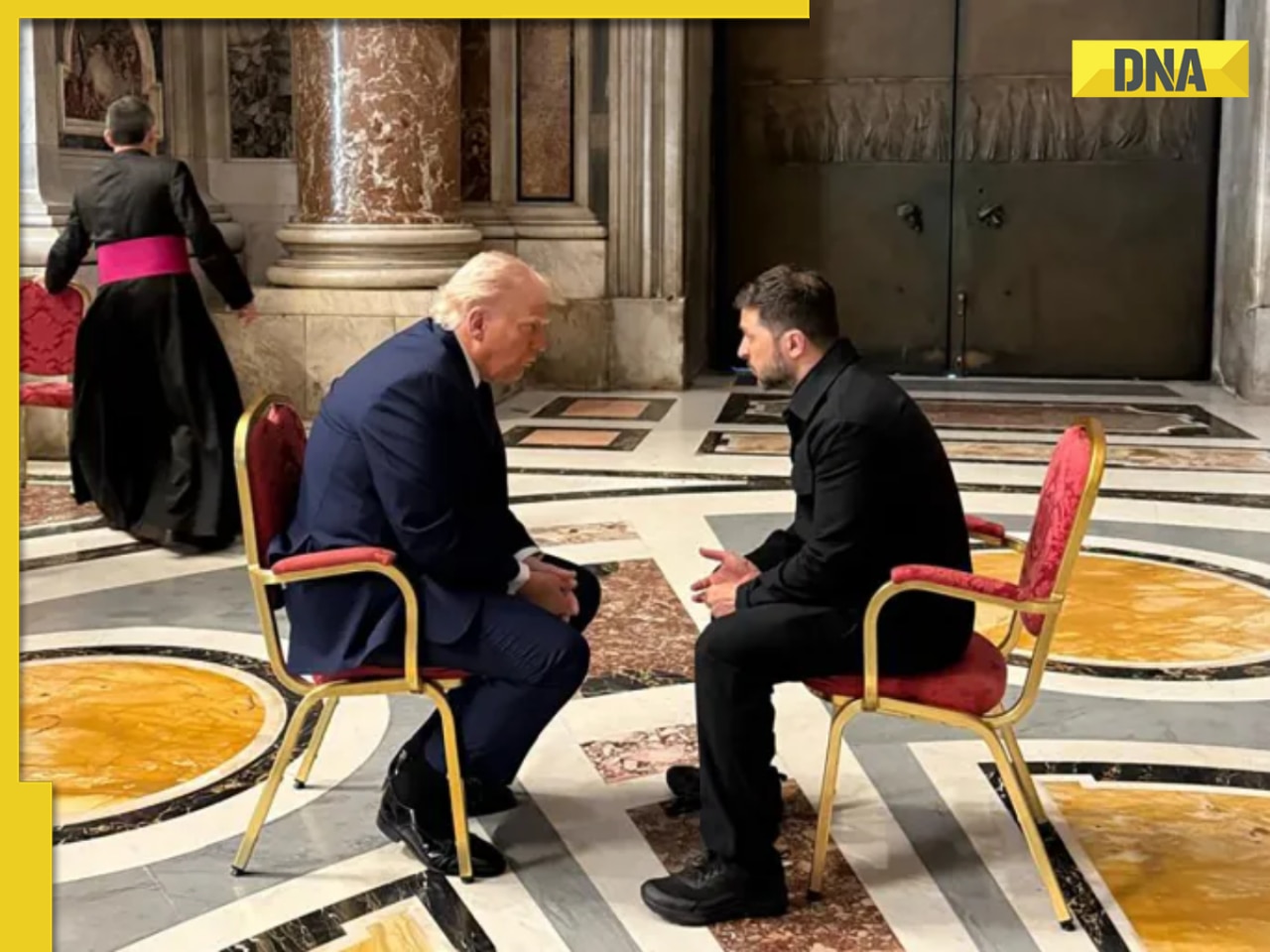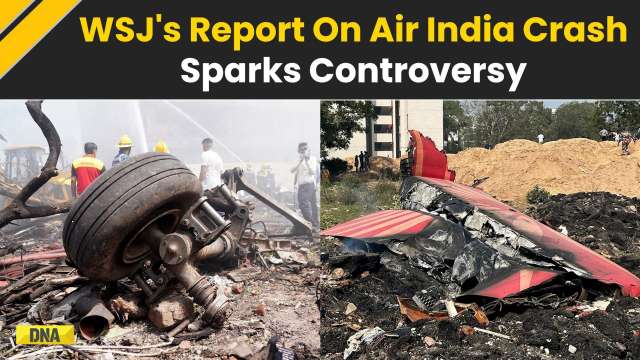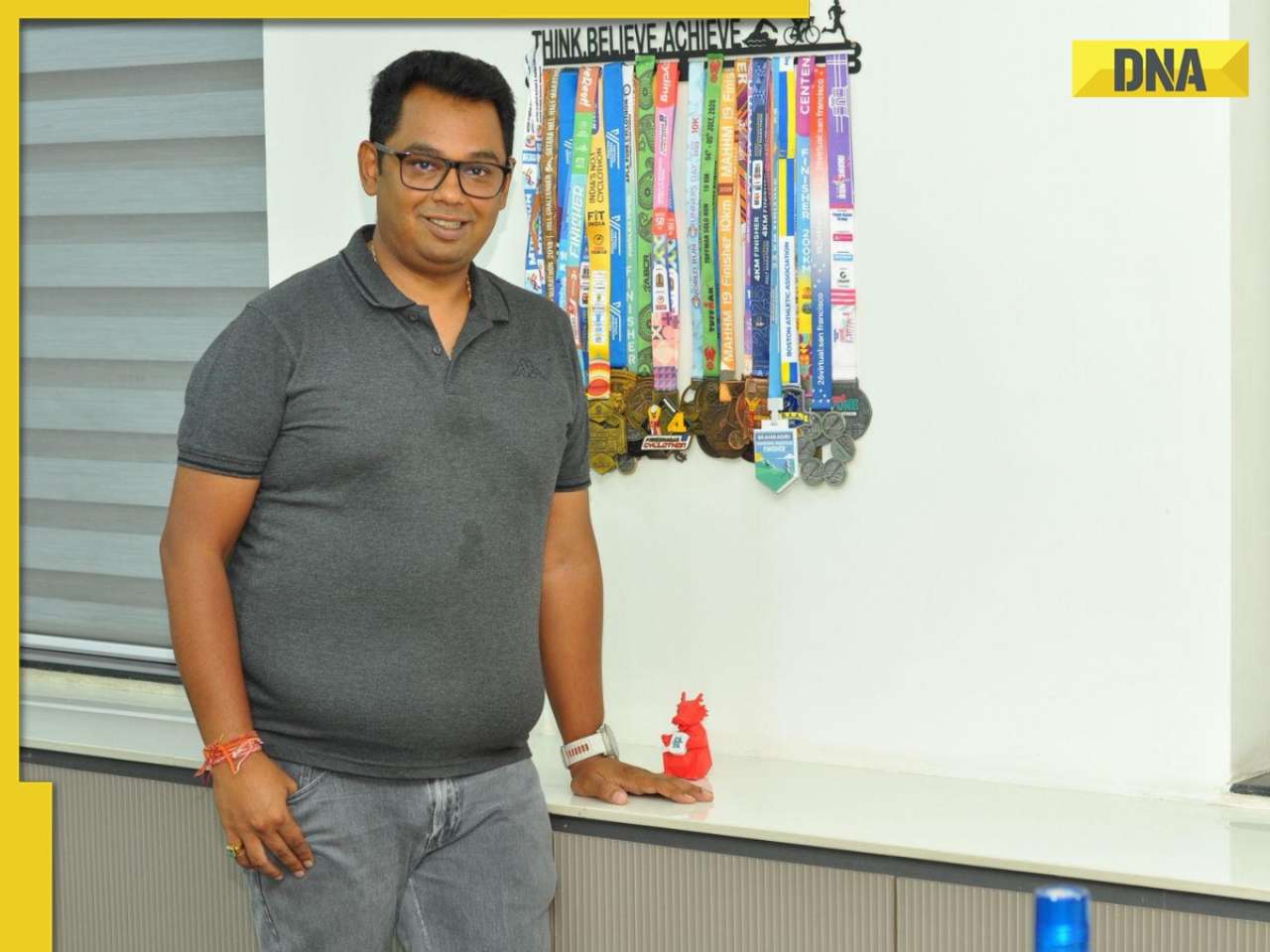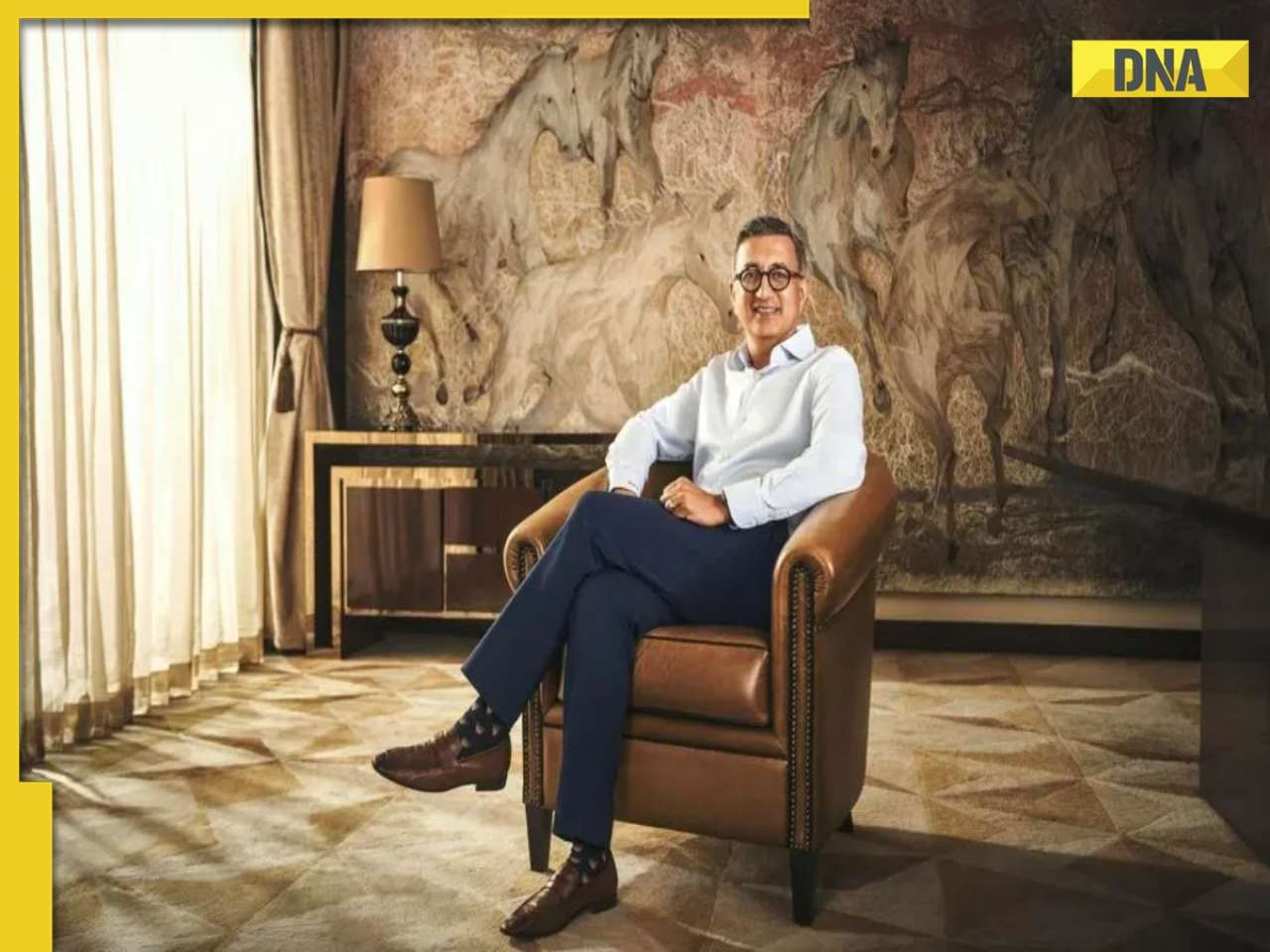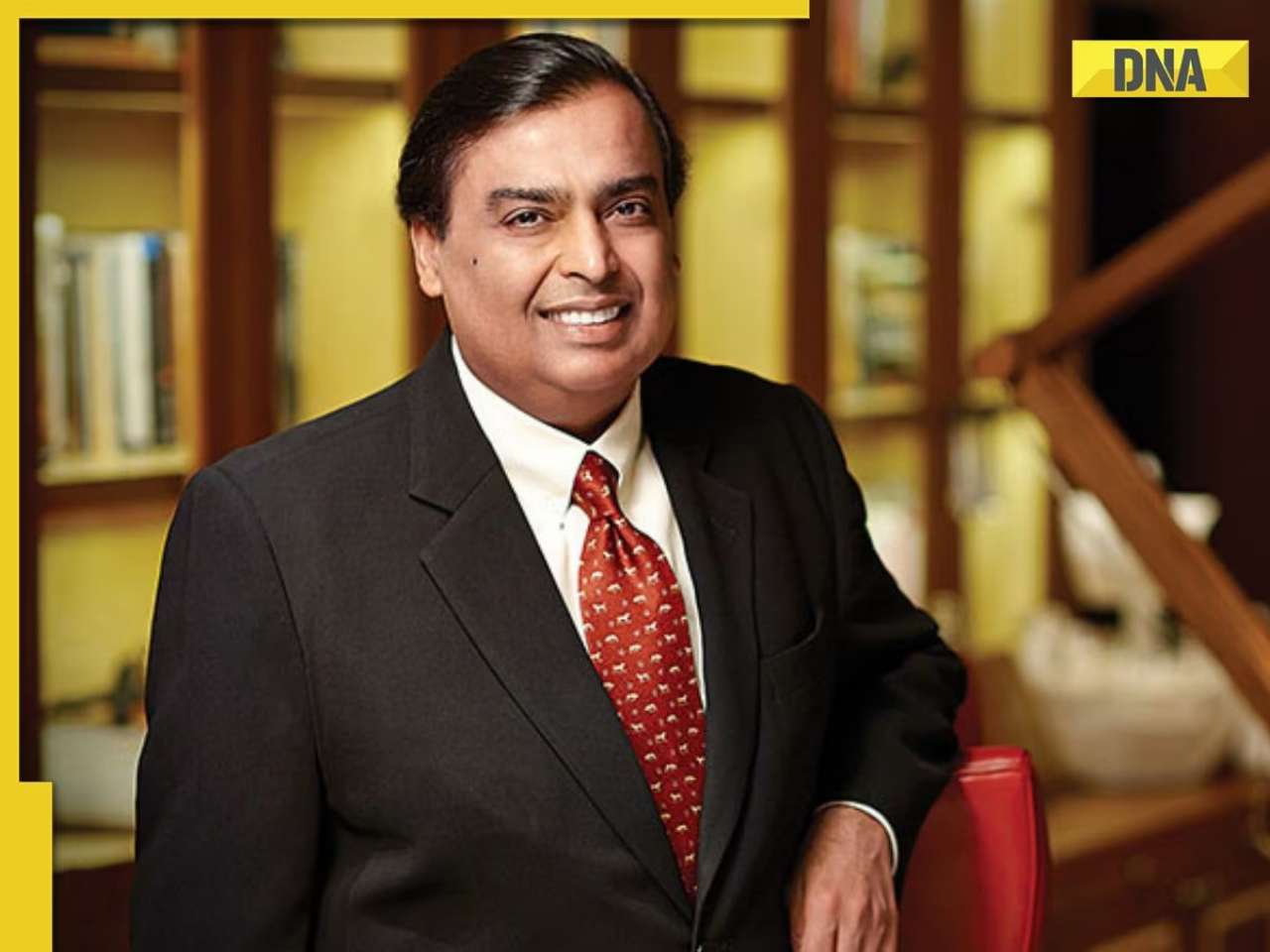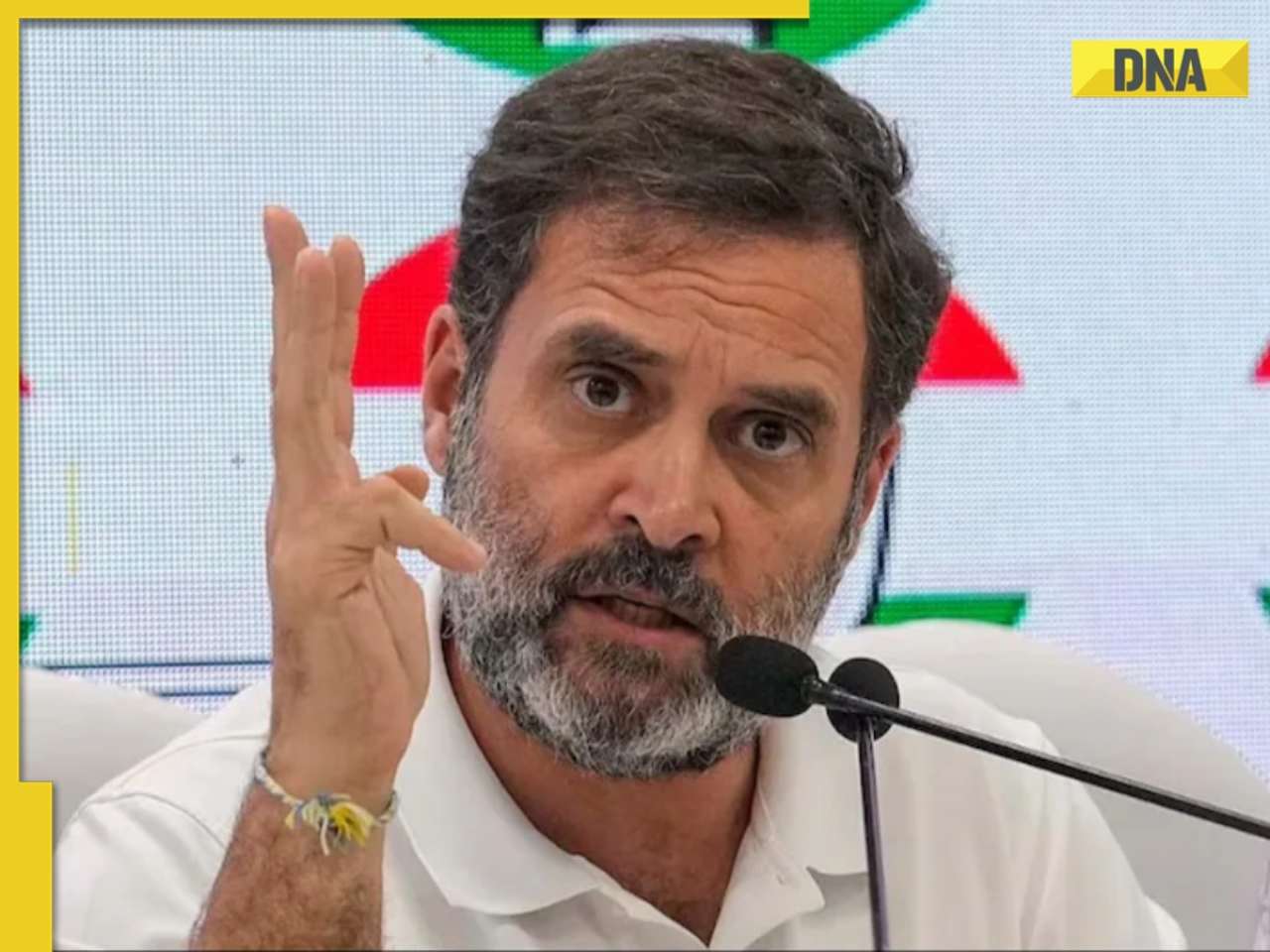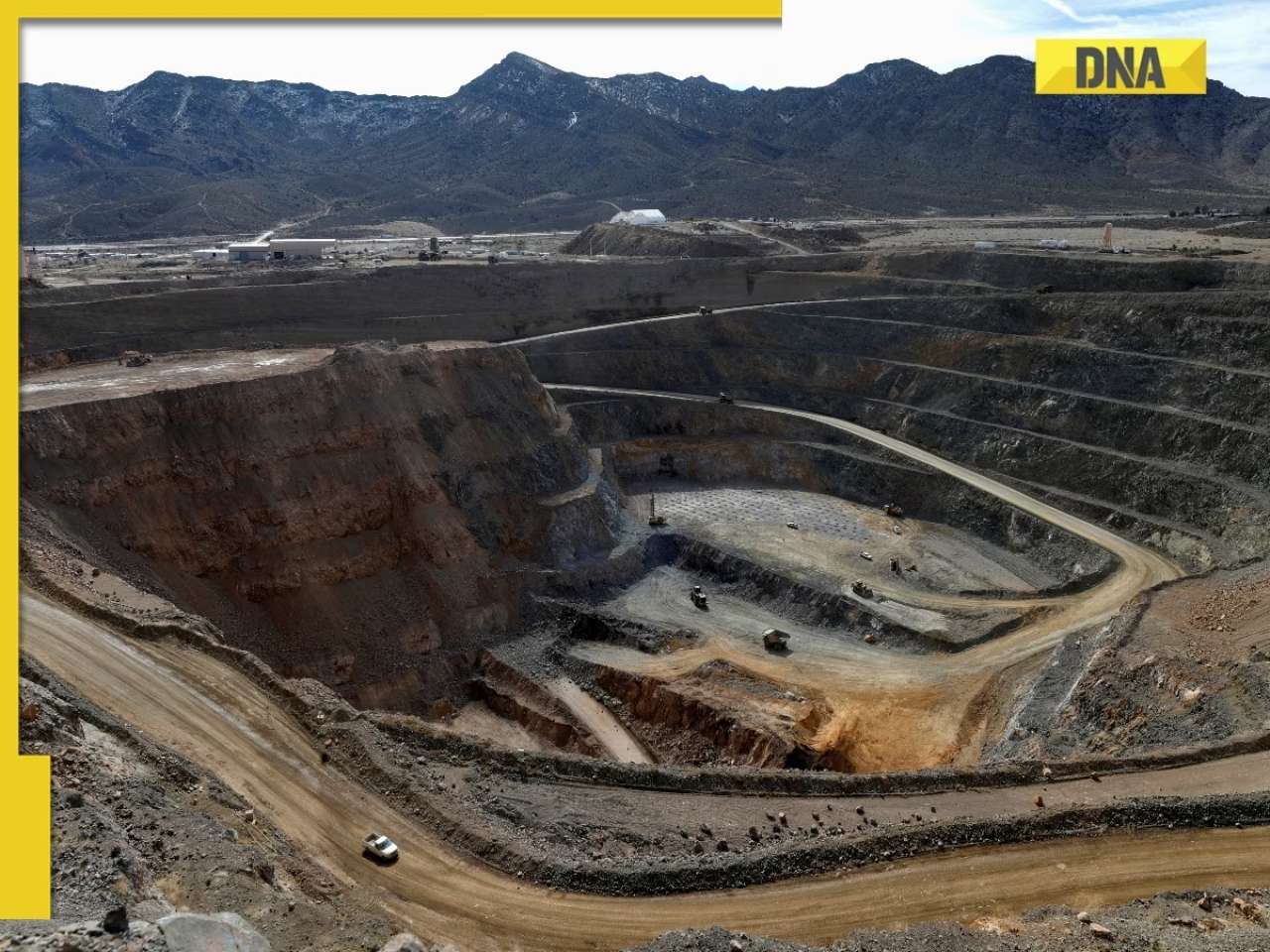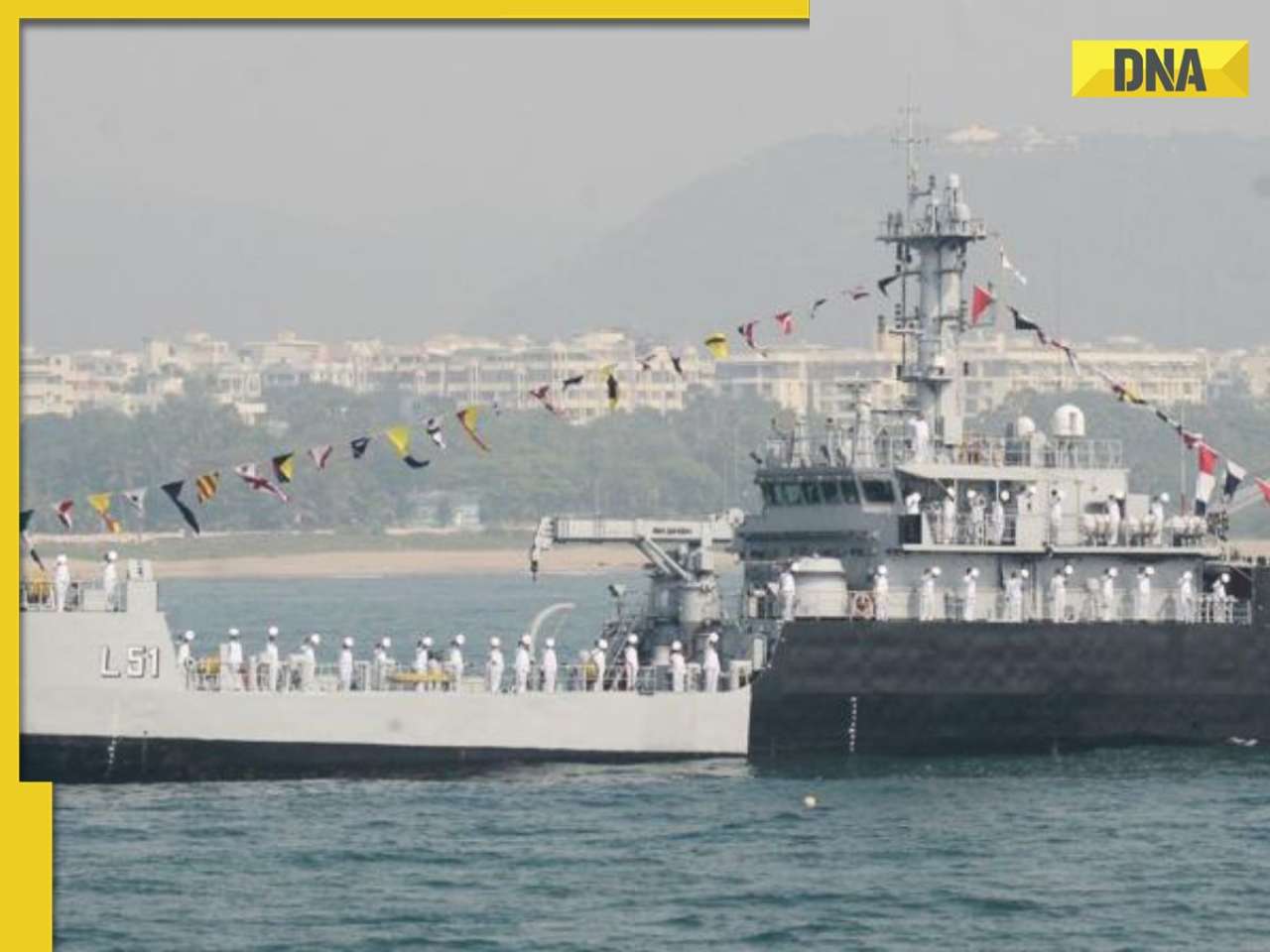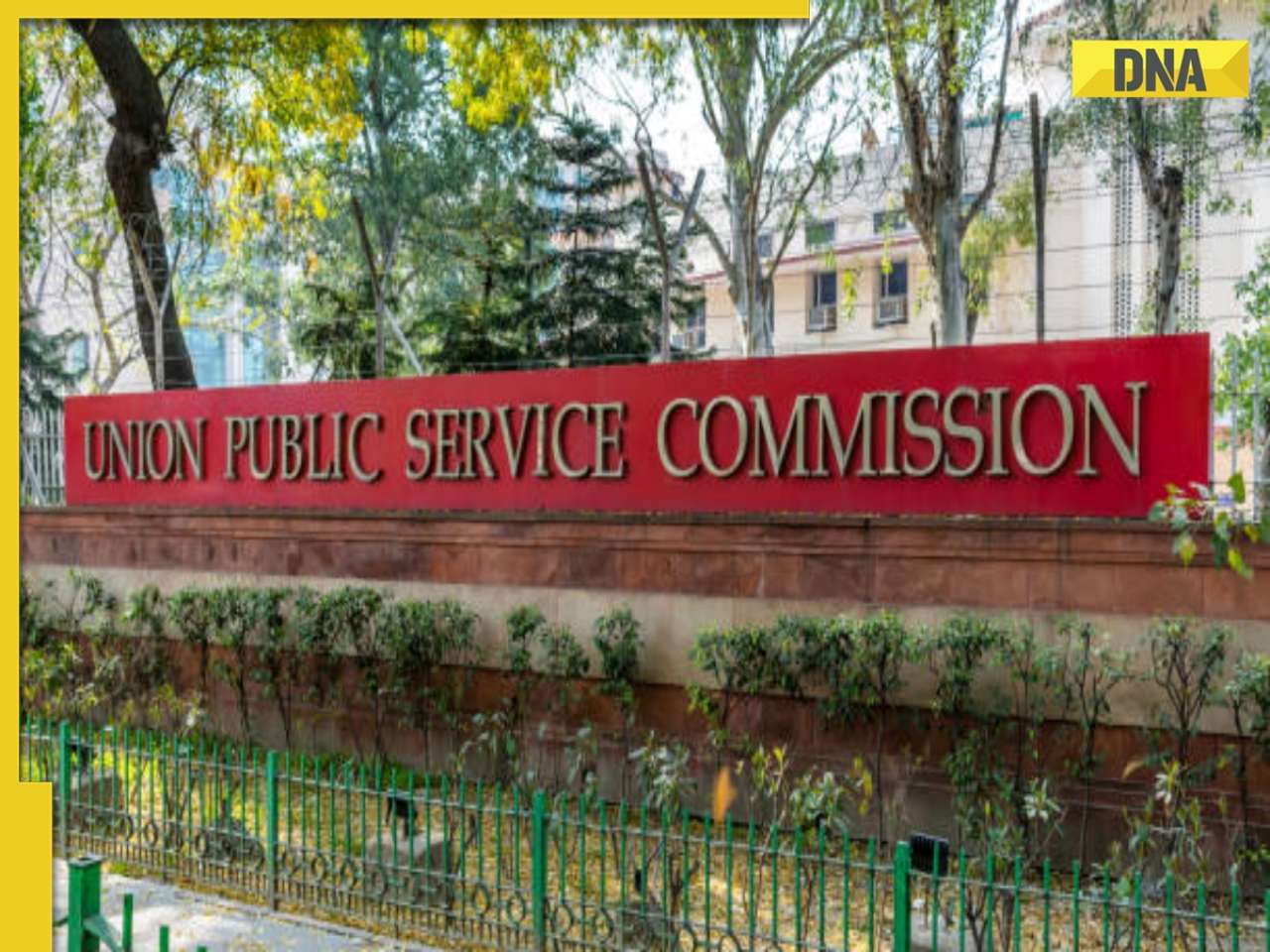- LATEST
- WEBSTORY
- TRENDING
CONSUMER CONNECT
Fedlan Kılıçaslan on Tariffs: The Painful Reset Reshaping the Global Economy By Andrzej Kozioł
The recent U.S. tariffs, while sparking short-term market turmoil, are seen by Akif Capital’s Fedlan Kılıçaslan as strategic tools to recalibrate global trade and build economic resilience. Rather than signaling collapse, this disruption may lay the foundation for a more sustainable global economy.
TRENDING NOW
New Delhi [India], June 9: On a brisk April morning in 2025, global markets awoke to a shockwave. The United States, citing the need to protect domestic industry and rebalance trade, imposed sweeping new tariffs on key imports. Investors from Warsaw to Shanghai watched as the S&P 500 slipped below its 200-day moving average for the first time in three years, and oil prices tumbled more than 10 percent in just two days. Headlines screamed “crisis,” but beneath the surface, a deeper and far more consequential story was unfolding — a story of economic surgery, not collapse.
At the center of this evolving economic reality is Akif Capital, a Warsaw-based investment firm led by chairman Fedlan Kılıçaslan. Known for his long-view approach to macroeconomic cycles, Kılıçaslan has argued that these tariffs signal not the end of globalization, but a strategic redirection. The world finds itself at a crossroads. Policymakers are wielding tariffs not as blunt instruments of isolation, but as scalpels intended to excise the slow-growing cancers of persistent deficits, inflation, and overreliance on fragile supply chains.
While the immediate pain is real — stock market volatility, disrupted trade flows, and rattled investor confidence — the long-term vision is one of recalibration and renewal. This is the story of how a controversial policy tool is being used to lay the foundation for a more resilient, innovation-driven global economy.
Tariffs as Scalpel Not Sledgehammer
Tariffs have long been a lightning rod in economic history. The Smoot-Hawley Tariff Act of the 1930s is often blamed for deepening the Great Depression, casting a shadow over any modern attempt at protectionism. Yet today’s strategy is markedly different. Rather than blanket isolationism, the new wave of tariffs is targeted, strategic, and — if research from Akif Capital is any indication — meant to address structural imbalances that have festered for decades.
Fedlan Kılıçaslan has been vocal about the distinction. “Tariffs, in this analogy, are not the disease but the scalpel — an uncomfortable but necessary intervention to restore balance and prevent a systemic breakdown,” he explains. By making imported goods more expensive, tariffs aim to incentivize domestic production and reduce reliance on foreign supply chains. “This isn’t about retreating from globalization — it’s about strategically rebalancing economic dependencies and rebuilding internal strength. We’re witnessing the early phases of a global economic realignment, and the U.S. is taking a bold, if controversial, lead.”
For years, the U.S. economy has run persistent trade and fiscal deficits, fueled by cheap imports and ballooning government spending. This imbalance has been likened to a slow-growing cancer, threatening the long-term health of the nation’s economic body. According to Kılıçaslan, “The longer it’s left untreated, the more damage it does.” Tariffs are intended to be uncomfortable but necessary interventions that revive domestic manufacturing, create jobs, and stabilize the trade deficit over time.
Akif Capital’s research draws on a century of economic cycles to argue that well-calibrated, time-bound protectionism can serve as a catalyst for domestic industry and innovation. History shows that painful reforms, though disruptive in the short term, often precede periods of dynamic and resilient growth. Today’s tariffs, then, are less about closing doors and more about preparing for the next great opening.
The Pain Before the Climb
The immediate market reaction to tariffs has been predictably negative. Investors dislike uncertainty, and the sudden shift in policy direction has created confusion and volatility. The S&P 500’s dip below its 200-day moving average rattled nerves, while the Nasdaq-100’s flirtation with the 16,000 threshold sparked fears of a deeper correction. Yet, as Kılıçaslan observes, “Market corrections are often necessary to flush out speculative excess and bring valuations back to more sustainable levels.
The S&P 500’s drop below the 200-day moving average is technically significant, but it doesn’t necessarily signal a long-term decline. Rather, it reflects the market’s adjustment to a new economic reality — one where growth may be slower, but more grounded in real production and healthier fiscal practices. In many ways, this is a recalibration, not a collapse.”
This moment is not about euphoria; it’s about resilience. The metaphor of economic surgery is apt. No one welcomes the pain of an operation, but sometimes, it is the only way to address a systemic threat. Tariffs, in this analogy, are the scalpel, not the disease. They are being used to cut away at unsustainable practices and force a realignment of priorities. Supply chains are being reconsidered, sourcing is diversifying, and strategic industries are being restored.
Kılıçaslan frames the discomfort as necessary groundwork: “Foundations aren’t supposed to feel comfortable. They’re supposed to be solid. If economic history teaches us anything, it’s that resilience is forged in hard times, not easy ones.” Far from signaling collapse, these disruptions may be laying the groundwork for the next phase of growth. The U.S. economy, like a skyscraper under construction, must dig deep foundations before it can rise. The discomfort investors feel today may be the excavation work that precedes a towering ascent.
The New Map of Global Commerce
Tariffs have not only reshaped the U.S. economic landscape; they have triggered a global reshuffling. China’s swift counter-tariffs signal a willingness to engage in a prolonged contest, while Europe watches warily, weighing its own industrial strategies. Supply chains are being redrawn, trade alliances reconsidered, and national interests reasserted. The world is witnessing the early stages of a broader realignment — one that could define the next chapter of global commerce.
Despite the turbulence, there are reasons for optimism. Slower global growth, induced by trade tensions, is helping to curb inflation and may allow central banks more flexibility in supporting long-term expansion. Technological innovation, particularly in AI and clean energy, is set to become the new engine of growth. The Nasdaq-100, which has delivered an extraordinary 21-fold return since 2009, remains above its long-term trendline. If it continues at its historic pace, it could reach 30,000 by 2027 — a clear sign of the lasting impact of innovation-driven investment.
Kılıçaslan urges investors to keep their perspective. “Markets may initially misread such a move as the end of a cycle, when in fact it could simply mark the beginning of a more resilient and inflation-aware growth phase. Short-term volatility may simply be a temporary detour on the path toward sustained, long-term economic and technological growth.”
This is not to downplay the risks. A break below key technical levels could trigger a psychological sell-off, and the transition to a more balanced economy will not be painless. Yet, as Akif Capital’s research suggests, short-term turbulence may simply be a detour on the path to sustainable, long-term growth. The seeds of the next bull market are being sown in today’s discomfort.
The Strongest Towers Start Underground
Foundations are never comfortable — they are meant to be solid. The world’s economic architects are digging deep, enduring the noise and volatility that come with transformational change. Kılıçaslan’s words echo: “The market often mistakes the sound of construction for chaos. But real investors know — the deeper the dig, the stronger the rise.”
The question is not whether tariffs will cause pain; it is whether that pain will yield a more resilient, forward-looking, and balanced global economy. Are investors and policymakers prepared to endure the discomfort for the promise of future gain? Will the skyscraper that rises from this excavation be stronger than those built before?
Those who look beyond the headlines and see the construction beneath the chaos may find, in the dust and noise of today, the blueprints for tomorrow’s prosperity. After all, it takes a little market “cement” to hold together a lasting recovery.
Disclaimer- This article is from the Brand Desk. User discretion is advised.

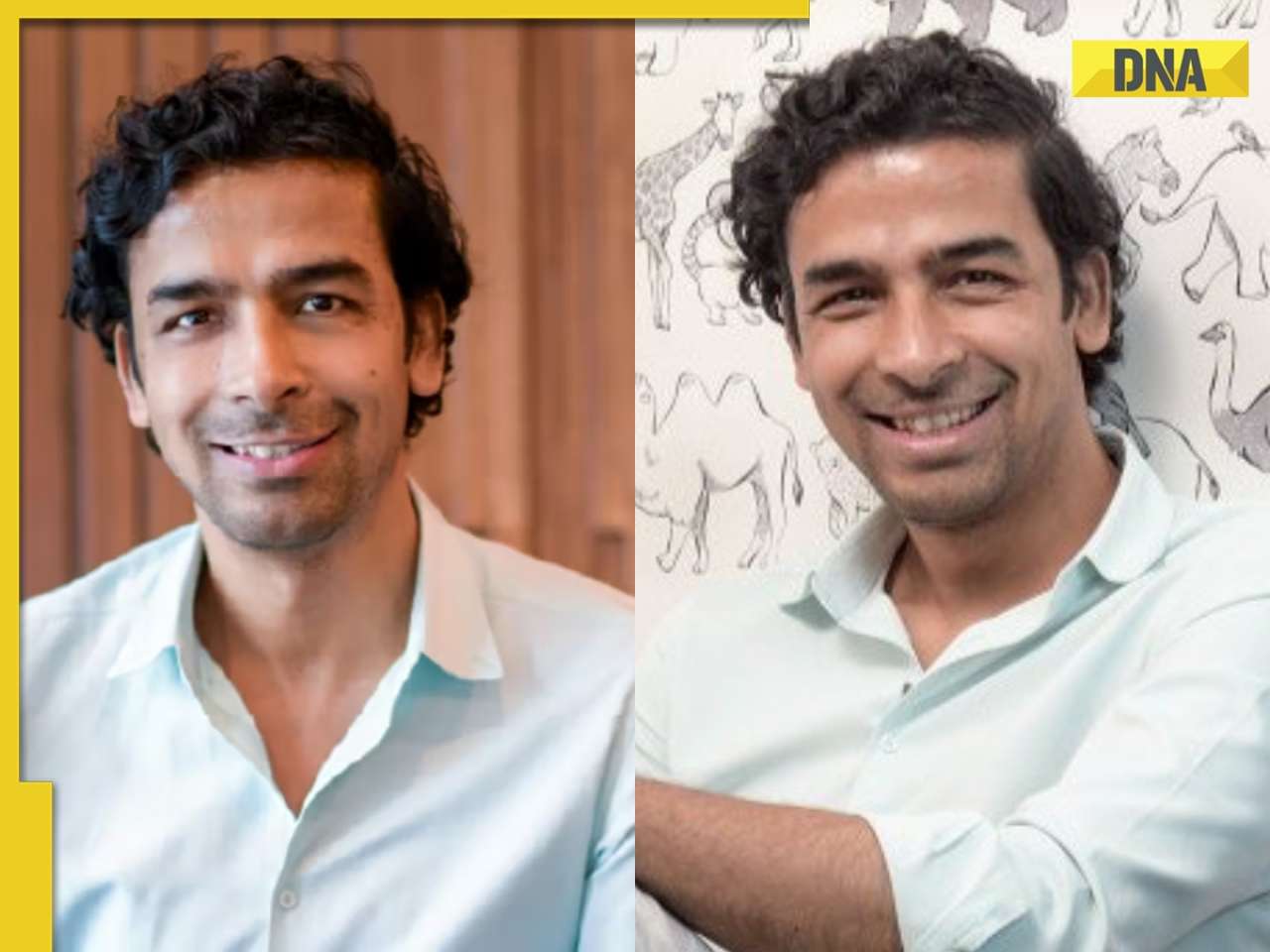



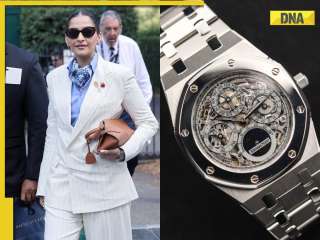

)
)
)
)
)
)
)
)
)
)
)
)
)
)
)
)
